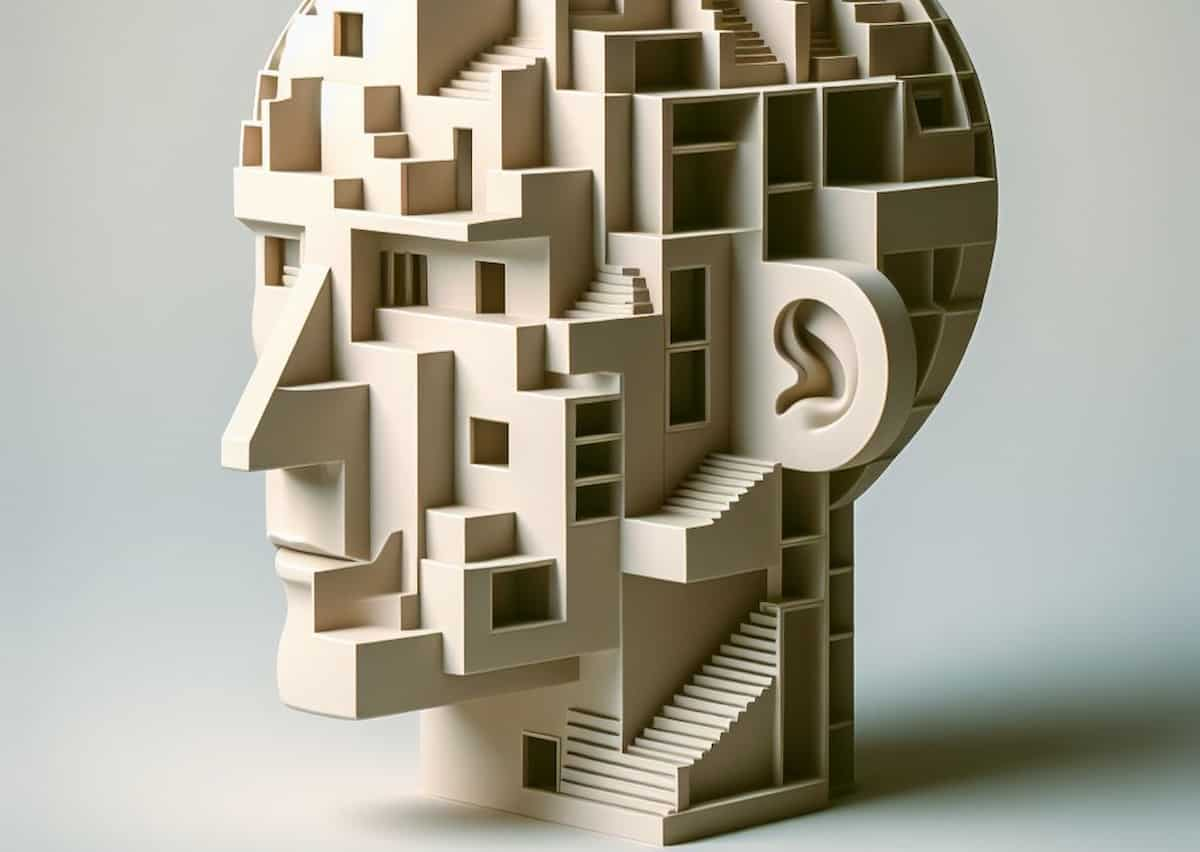Memory problems could be partly responsible for obesity among people consuming this diet.
A Western-style diet stops critical memory functions from working properly, a study finds.
People who habitually eat unhealthy foods showed slower learning and poorer memory.
A Western-style diet typically involves eating more red meats, junk foods and saturated fats and less fresh vegetables, grains and seafood.
The damage caused to memory may also be a cause of obesity.
For the study, people who ate a Western-style diet seemed not to ‘remember’ that they were full.
Even when they had just eaten, they were always ready to snack.
Dr Tuki Attuquayefio, the study’s first author, said:
“Even though they were full, they still wanted to eat the sweet and fatty junk food.
What was even more interesting was that this effect was strongly related to their performance on the learning and memory task, suggesting that there is a link between the two via the hippocampus.”
The hippocampus is an area of the brain critical to learning and memory.
Studies on animals have now shown that a high-fat and high-sugar diet causes problems with memory inhibition in the hippocampus.
Memory inhibition is our ability to block out memories that are no longer useful.
For example, when we are not hungry, it should be harder for us to think about food.
But, the Western-style diet causes problems with this.
So that even when people have just eaten, they are still attracted to tempting foods.
This creates a kind of vicious circle.
Unhealthy eating leads to poor memory, which also leads to more unhealthy eating.
Fortunately, animal studies also suggest that these memory and learning problems can be reversed relatively quickly.
The study was published in the journal Journal of Experimental Psychology: Animal Learning and Cognition (Attuquayefio et al., 2016).







